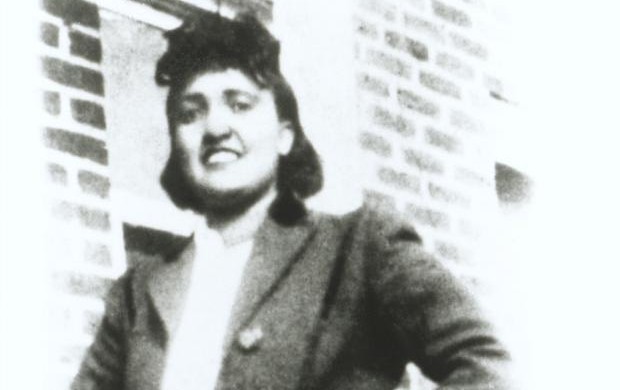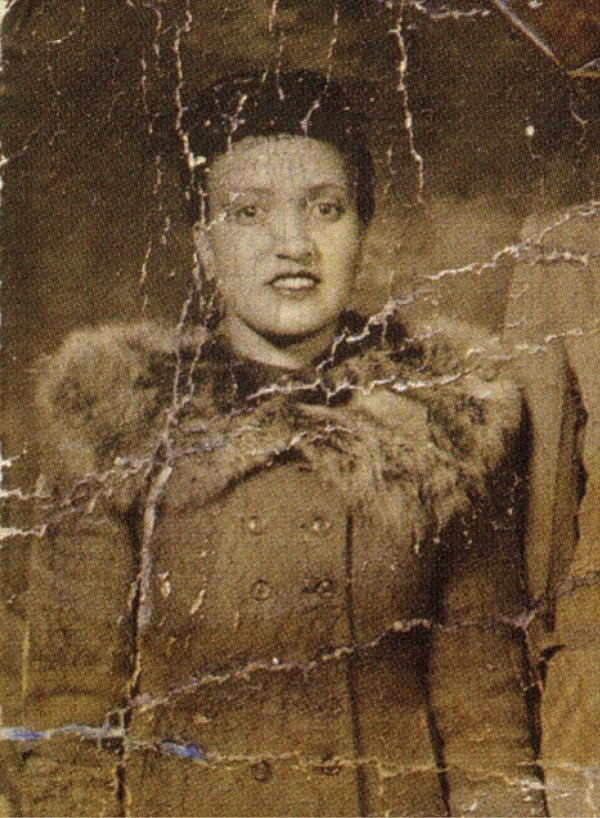
Beyond Her Cells
By Janae Hudson
The legacy of Henrietta Lacks, the Black woman whose “immortal” cells were used without consent for healthcare research, is becoming more solidified since her death in 1951. Her hometown, Roanoke, Virginia, is further establishing ways to immortalize her by commemorating a bronze statue of in her honor in the town’s downtown area in fall of 2023.

Pictured: Artist Bryce Cobbs shakes hands with Lacks family attorney Ben Crump at the unveiling of Henrietta Lacks’ statue design in Roanoke, VA.
The statue will replace a monument for Confederate general Robert E. Lee and will be located at the newly renamed Lacks Plaza. The Harrison Museum of African American Culture’s Roanoke Hidden History initiative has fundraised over $180,000, which will be used to create the statue as well as a virtual documentary.
On October 4, 1951, Lacks died from an aggressive form of cervical cancer at the age of 31 just eight months after her diagnosis. Although her life was cut short, Lack’s legacy lives on through her constantly multiplying cells, also known as HeLa cells. During her treatment, researchers took samples of Lack’s tumors without her consent. Her cells were sold and distributed around the world without permission from her family for decades. Henrietta Lacks’ cells have broken ground for studies in HPV vaccines, HIV/AIDS medication, COVID-19 and in vitro fertilization.

Pictured: Henrietta Lacks
Through the years, steps have been taken to rectify the wrongs Lacks faced in life and death. Biomedical companies and laboratories that have used her cells have donated to the Henrietta Lacks Foundation, which was established in 2010 to award grants to Lacks’ descendants and to family members of others whose bodies have been used for research without their knowledge. Author Rebecca Skloot wrote The Immortal Life of Henrietta Lacks in 2010.
The story of Henrietta Lacks highlights why racial inequities in healthcare still persists today. Black women are often taken advantage of and face discrimination when seeking care at disproportionate rates. Unearthing stories of Black women like Henrietta Lacks promotes the need for a more just and equitable healthcare system.
Read more about The Harrison Museum of African American Culture and how it is continuing to preserve the legacy of Henrietta Lacks here.
